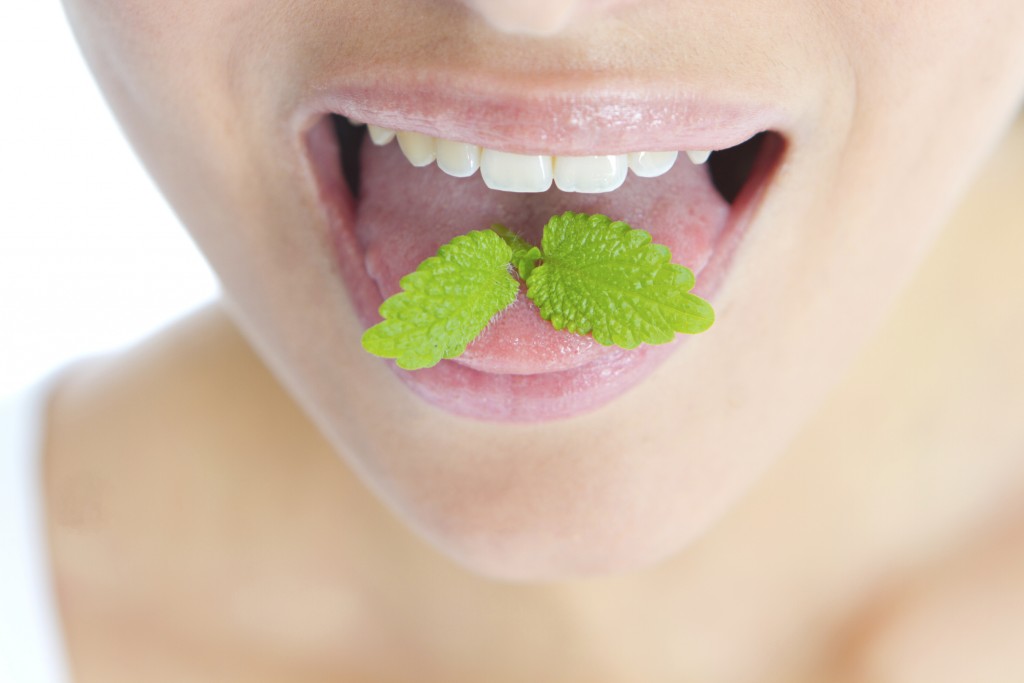
As we approach our brand-new year, we gear up for loads of life improvements, and many of them focus on our health. But finding the right diet to fit our lifestyle is a tough quest. Not all diets are alike and it’s important to find the right one in order to be effective and keep us on pace to achieving our new year’s goals. But what if your diet is giving you side effects? To be specific, what if your diet was giving you bad breath?
By eliminating all sugar and most carbs, and eating foods high in fat and protein, your body becomes a fat-burning machine. However, by getting your energy from fat and protein rather than carbs, one of the common byproducts is intolerable breath. But why?
The popular ketogenic diet, and most other low carb eating plans all rely on getting your daily calories mostly from fat and protein, and very little from carbohydrates. If you keep your carb intake to less than 30 grams per day, your body eventually enters a metabolic state of ketosis. Instead of breaking down carbohydrates to create glucose for energy, your body instead breaks down stored fat, which release ketones in the body. They are also released in your breath, creating a distinct odor that some keto enthusiasts describe as rotten fruit, or even metallic.
Unfortunately, that also means ketosis breath can’t be extinguished with the typical handful of mints and swig of mouthwash. Natural remedies to try are drinking extra water, or chewing on fresh mint leaves, cloves, or fennel seeds, or grab a sugar-free gum made with xylitol.
Visit Dr. Kirtley today and schedule an appointment to maintain a healthy smile. Call 317-841-1111 or www.smilesbygeorge.com.
Dr. George Kirtley proudly serves Indianapolis and all surrounding areas.

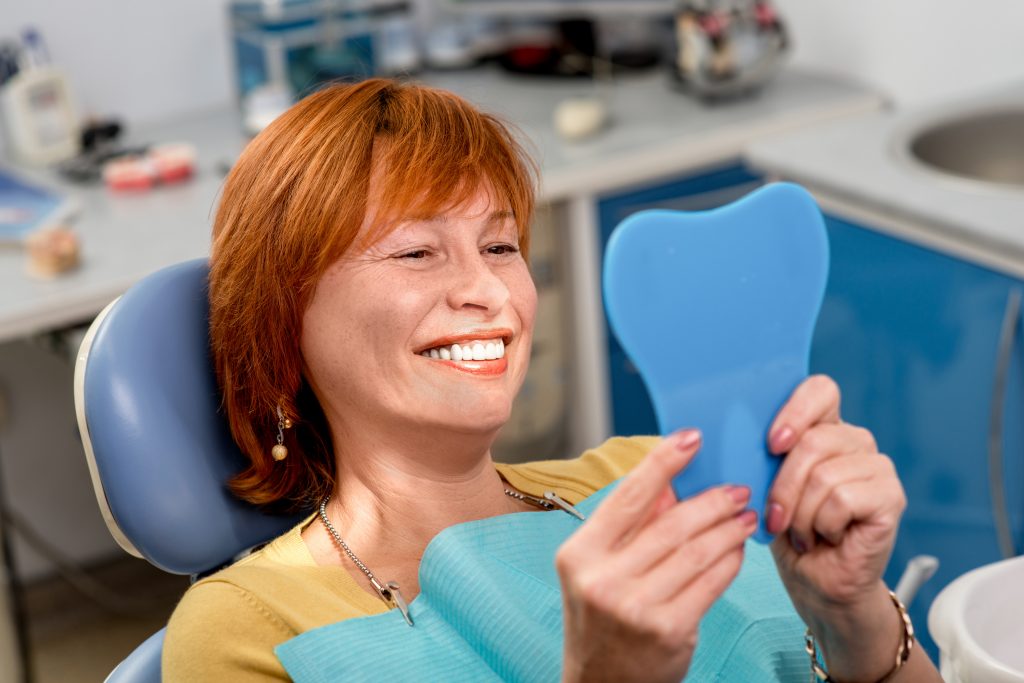
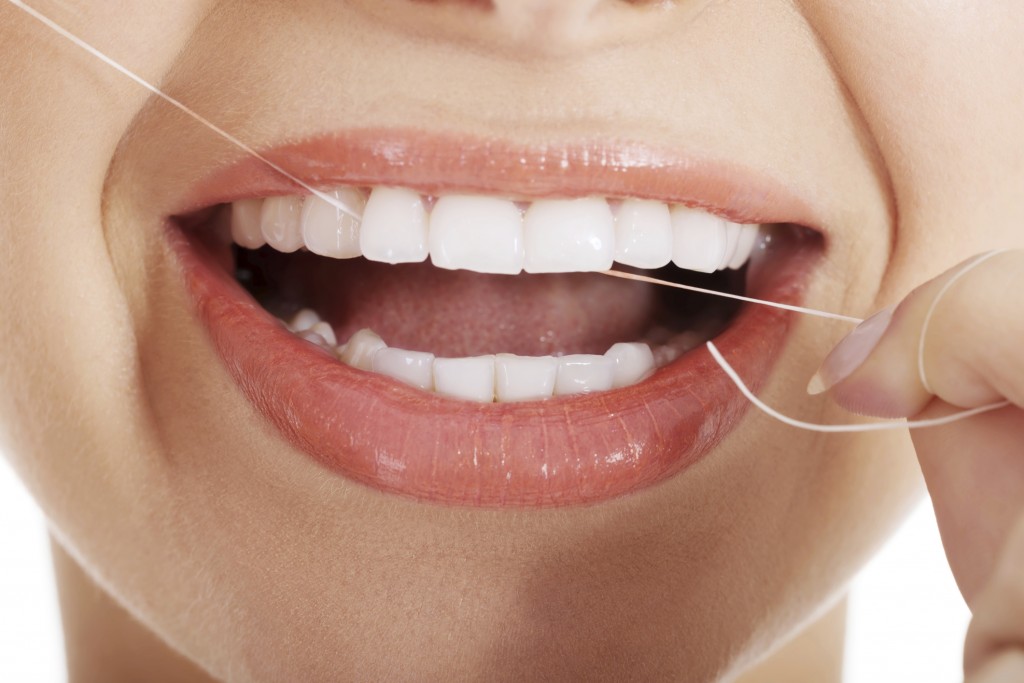
 The end of October may feature one of America’s favorite holidays, but it sure isn’t your teeth’s. Yes, it’s
The end of October may feature one of America’s favorite holidays, but it sure isn’t your teeth’s. Yes, it’s 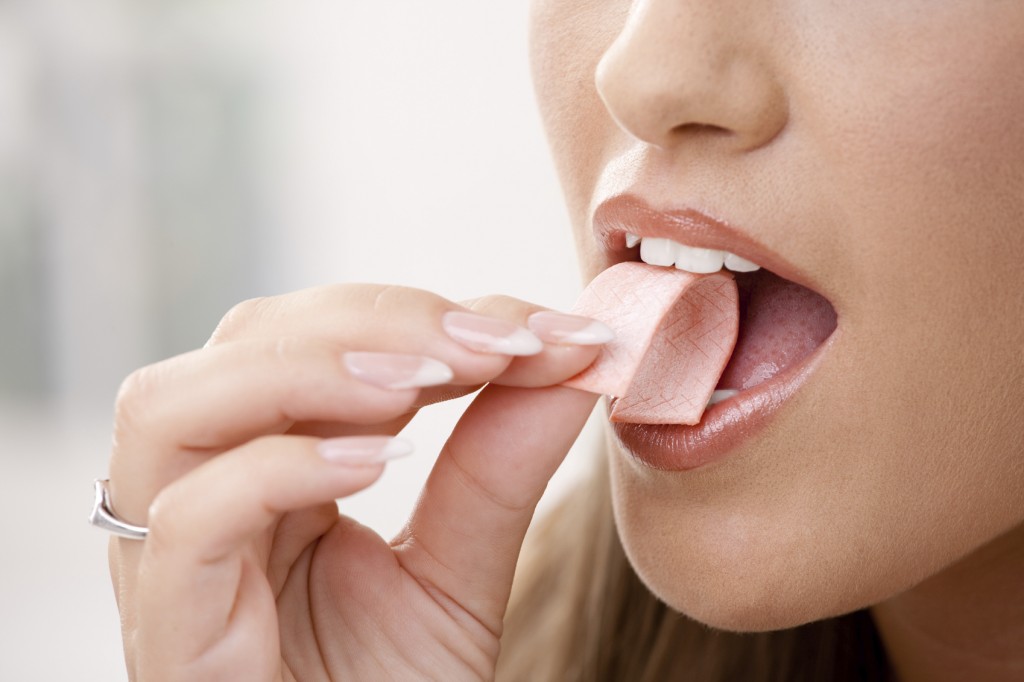 Okay so, maybe that isn’t exactly true. But it is safe to say, millions of Americans chew gum. Some use it for the fresh breath, some us it to curb food cravings, some just like to chew gum for the bubbles, but chewing gum is really good for your teeth. But all chewing gum isn’t the same.
Okay so, maybe that isn’t exactly true. But it is safe to say, millions of Americans chew gum. Some use it for the fresh breath, some us it to curb food cravings, some just like to chew gum for the bubbles, but chewing gum is really good for your teeth. But all chewing gum isn’t the same.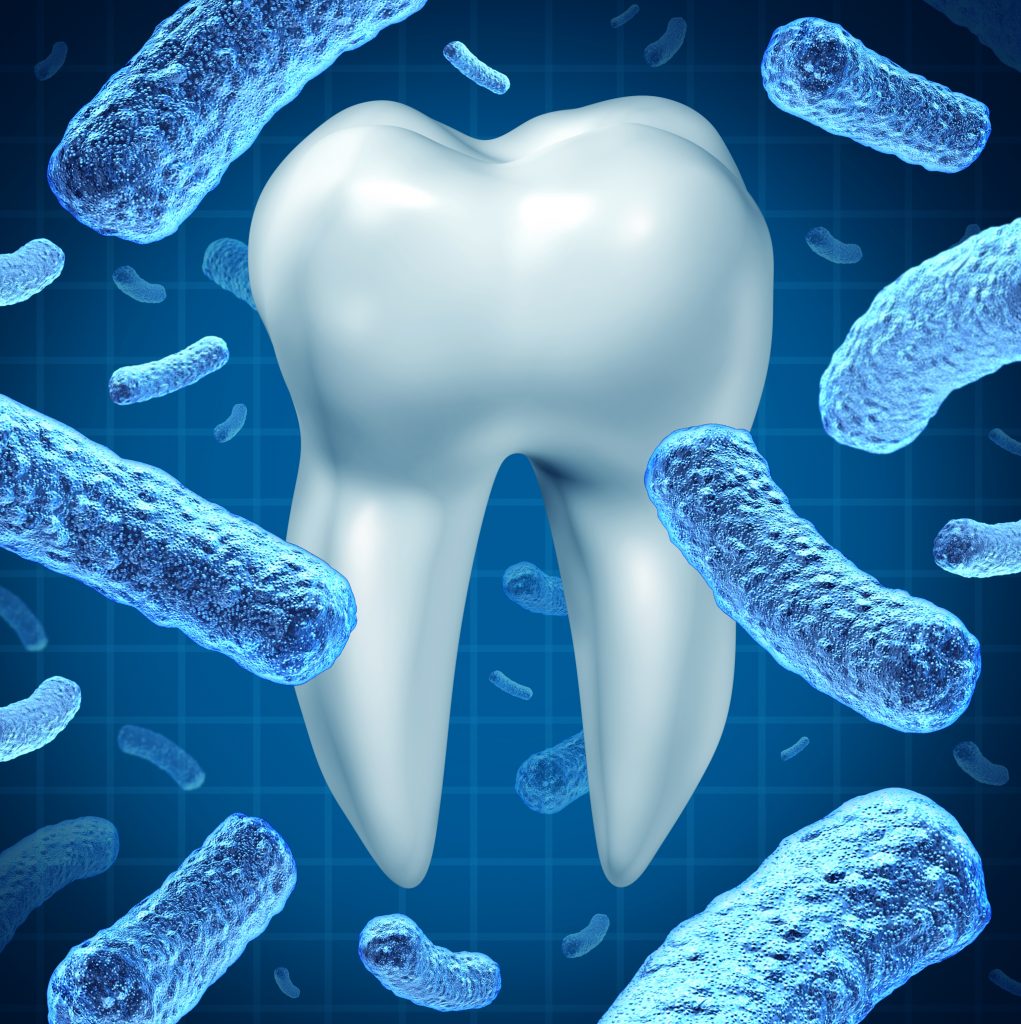 Who doesn’t love that minty fresh feeling your mouth has after a good rinse with
Who doesn’t love that minty fresh feeling your mouth has after a good rinse with 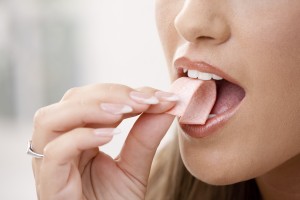 Do you suspect you have bad breath? If so, it might be an indication of other problems and not just a lack of proper
Do you suspect you have bad breath? If so, it might be an indication of other problems and not just a lack of proper 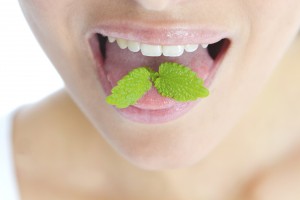
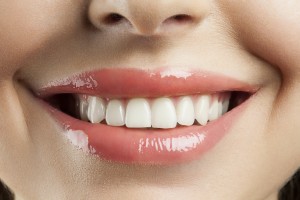 There are lots of reasons our teeth may not be the brightest at all times. We go to the dentist for regular cleanings, but in the end, they always seem to go back to the way they were. But why? What are we doing to make our smile dingy or flawed? A lot of times, it isn’t how well we clean our chompers. In many cases, discolored or damaged teeth are the result of our own bad habits, says Indianapolis dentist George Kirtley; other problems are caused by chemicals that entered teeth during childhood. The way we eat,what we put into our mouths, even habits you don’t realize you’ve picked up, like biting your pencil, can all do small damages to our teeth. The biggest offenders he sees in Indianapolis:
There are lots of reasons our teeth may not be the brightest at all times. We go to the dentist for regular cleanings, but in the end, they always seem to go back to the way they were. But why? What are we doing to make our smile dingy or flawed? A lot of times, it isn’t how well we clean our chompers. In many cases, discolored or damaged teeth are the result of our own bad habits, says Indianapolis dentist George Kirtley; other problems are caused by chemicals that entered teeth during childhood. The way we eat,what we put into our mouths, even habits you don’t realize you’ve picked up, like biting your pencil, can all do small damages to our teeth. The biggest offenders he sees in Indianapolis: